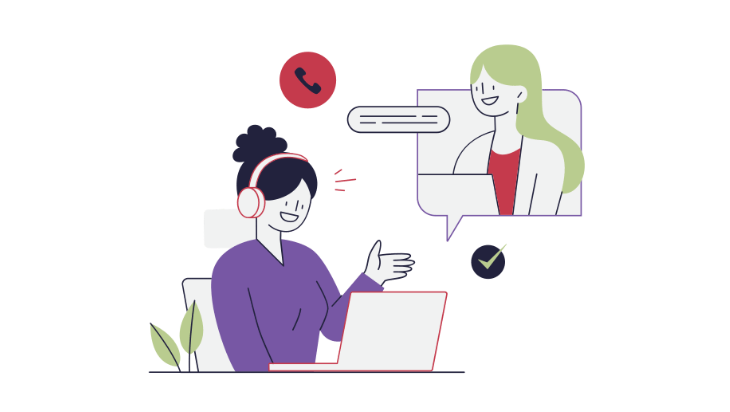Counselling for Neurodiverse Adults and Young People
Working with Neurodiversity
At The Wright Space, I offer counselling that understands and celebrates neurodiversity. Over the last five years, I have worked closely with autistic individuals, people with ADHD, dyslexia, dyspraxia, sensory processing differences, and other neurodivergent profiles. My experience spans both educational and therapeutic settings, supporting children, young people, and adults to better understand themselves, navigate challenges, and build on their unique strengths.
I also know first-hand that living in a world designed for neurotypical minds can be exhausting. The constant effort of masking, the overwhelm of sensory overload, the mental load of organising and planning, or the social rules that feel like they were written in another language. In our sessions, you won’t have to explain or justify those experiences. My approach is rooted in patience, empathy, and acceptance. You get to show up exactly as you are, without having to “perform” or “present” in a certain way.
How I Work with Neurodiverse Clients
Because I work online, your sessions can happen wherever you feel most comfortable: your sofa, your bedroom, your favourite quiet corner. You can bring a blanket, have your pet nearby, and wear your comfiest clothes. This isn’t about looking or acting a certain way, it’s about creating a space where your brain can relax and be itself.
Here’s what that can look like:
Flexible pacing. We can take pauses, slow things down, or break topics into smaller chunks so it feels manageable.
Comfortable communication. You don’t need to force eye contact or sit still if that’s not you. We can use visuals, written notes in the chat box, or screen-sharing if it helps.
Sensory considerations. Online sessions mean you control your environment, lighting, sound, and background, so you can focus without overwhelm.
Strengths-led support. We’ll notice what you’re already doing well and build on that, rather than focusing only on what’s difficult.
Whether you join from a quiet room, a busy household, or even while on a walk, the most important thing is that you feel safe, understood, and accepted.

